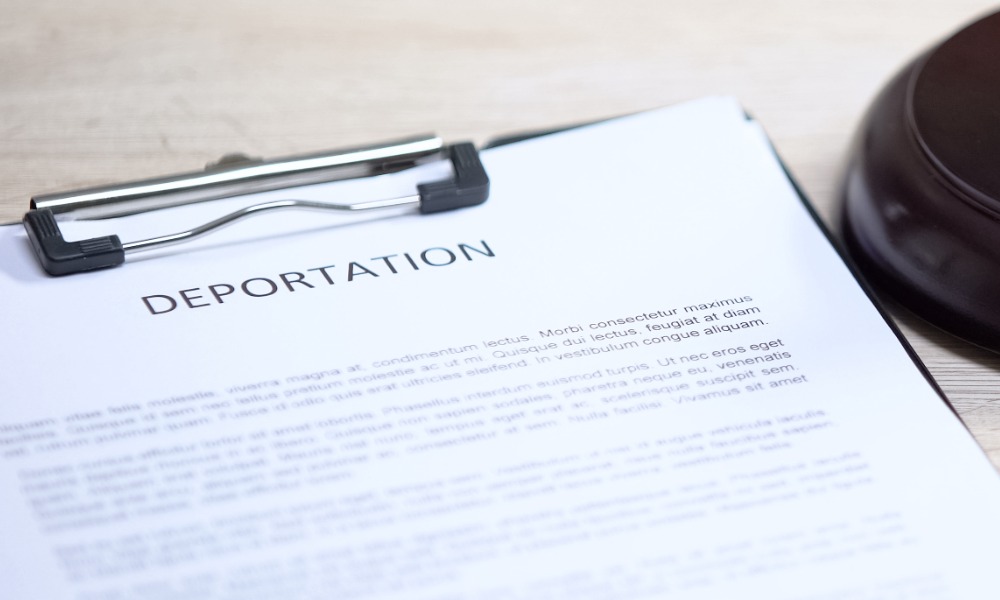Top CEO explains why cutting costs doesn't always help fulfil purpose, and why CSR matters
%20(500%20x%20328).jpg)
The business world is littered with companies that are just cutting costs without fulfilling their purpose, Air New Zealand chief executive Christopher Luxon told nearly 400 participants to a sustainability event in Auckland.
“That's pretty sad."
Luxon said business success should be defined more broadly than solely in commercial terms, the NZ Herald reported.
For example, Air NZ’s board demands they achieve three interdependent goals – commercial returns, enhanced customer experience, and a strong people culture in the business.
"I could get a much higher share price for Air New Zealand in an instant by cutting jobs, cutting investment, cutting customer service and culture," he said.
“We have this liberty to run our businesses as we see fit but we also have this responsibility to build a stronger civil society along the way.”
He said it was encouraging that New Zealanders are beginning to understand that sustainable development is how they progress the country – socially, environmentally and economically. "I know that Kiwis don't want a society driven by short-term gains.”
Luxon enumerated the numerous unprecedented challenges the people face: climate change, quickening population growth, infrastructure problems, volatile commodity markets and rising inequality. The increasing impact on people’s lives was profound.
Meanwhile, an airline report said male Air NZ employees were paid 0.44% more than females on individual employment contracts.
The national average favours men by 9.4%.
At the top level - executives, general managers and heads of function - the difference was 0.33 per cent; at the support and administration level, women were paid 5.25 per cent more.
"Pay rates within Air New Zealand collective agreements are skills, competency or service based, ensuring all employees with the same levels of service or skill in the same role will be paid the same," the report said.
The airline had also become more diverse in the past four years, Luxon said. In 2013, when he started in the top job, women made up 40 per cent of the company but only 16 per cent were in senior leadership roles.
In 2017, women in top roles have reached 39 per cent. The target is 40 per cent.
Related Stories:
Could this friendly competition make your company greener?
Kiwis push to close gender gap
“That's pretty sad."
Luxon said business success should be defined more broadly than solely in commercial terms, the NZ Herald reported.
For example, Air NZ’s board demands they achieve three interdependent goals – commercial returns, enhanced customer experience, and a strong people culture in the business.
"I could get a much higher share price for Air New Zealand in an instant by cutting jobs, cutting investment, cutting customer service and culture," he said.
“We have this liberty to run our businesses as we see fit but we also have this responsibility to build a stronger civil society along the way.”
He said it was encouraging that New Zealanders are beginning to understand that sustainable development is how they progress the country – socially, environmentally and economically. "I know that Kiwis don't want a society driven by short-term gains.”
Luxon enumerated the numerous unprecedented challenges the people face: climate change, quickening population growth, infrastructure problems, volatile commodity markets and rising inequality. The increasing impact on people’s lives was profound.
Meanwhile, an airline report said male Air NZ employees were paid 0.44% more than females on individual employment contracts.
The national average favours men by 9.4%.
At the top level - executives, general managers and heads of function - the difference was 0.33 per cent; at the support and administration level, women were paid 5.25 per cent more.
"Pay rates within Air New Zealand collective agreements are skills, competency or service based, ensuring all employees with the same levels of service or skill in the same role will be paid the same," the report said.
The airline had also become more diverse in the past four years, Luxon said. In 2013, when he started in the top job, women made up 40 per cent of the company but only 16 per cent were in senior leadership roles.
In 2017, women in top roles have reached 39 per cent. The target is 40 per cent.
Related Stories:
Could this friendly competition make your company greener?
Kiwis push to close gender gap





